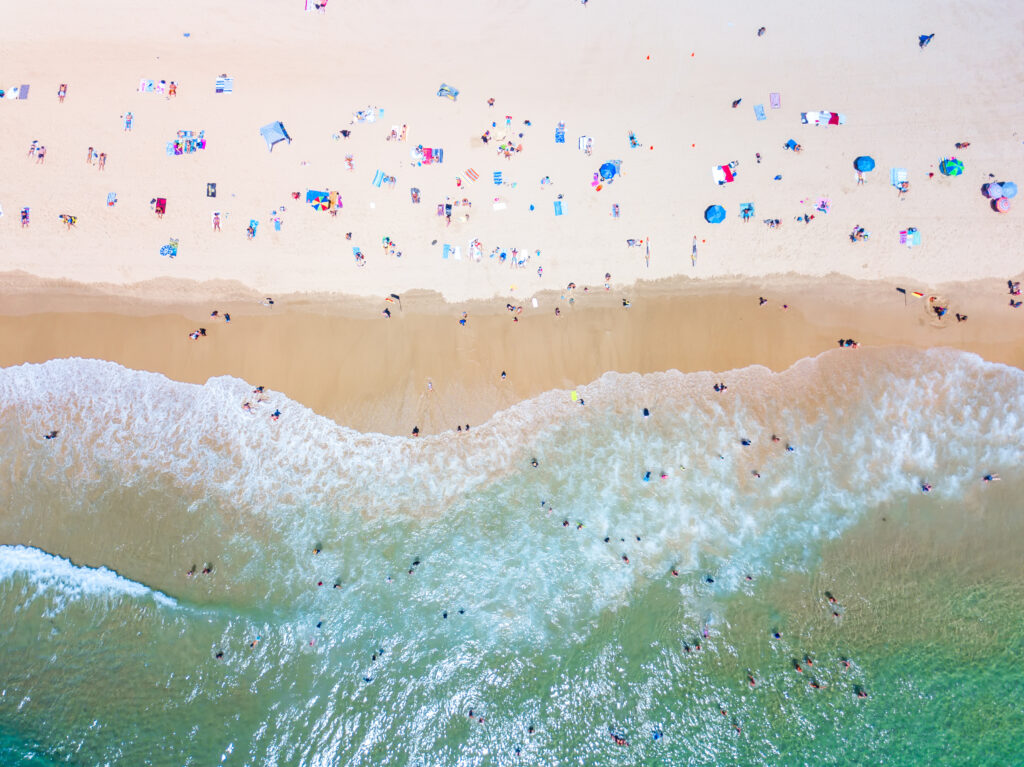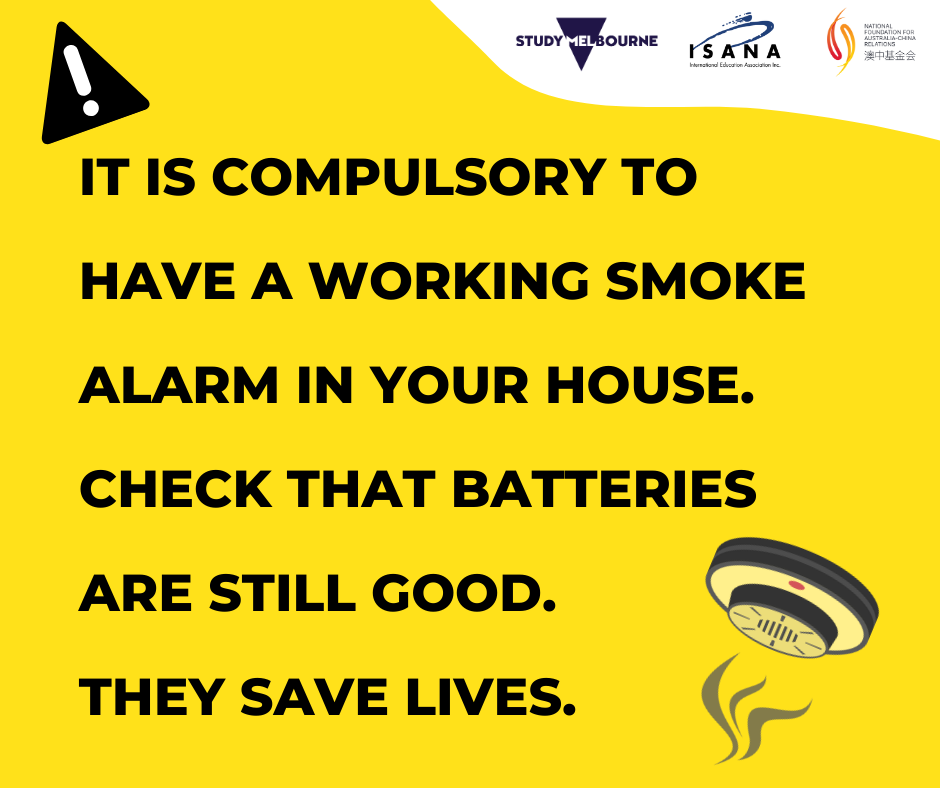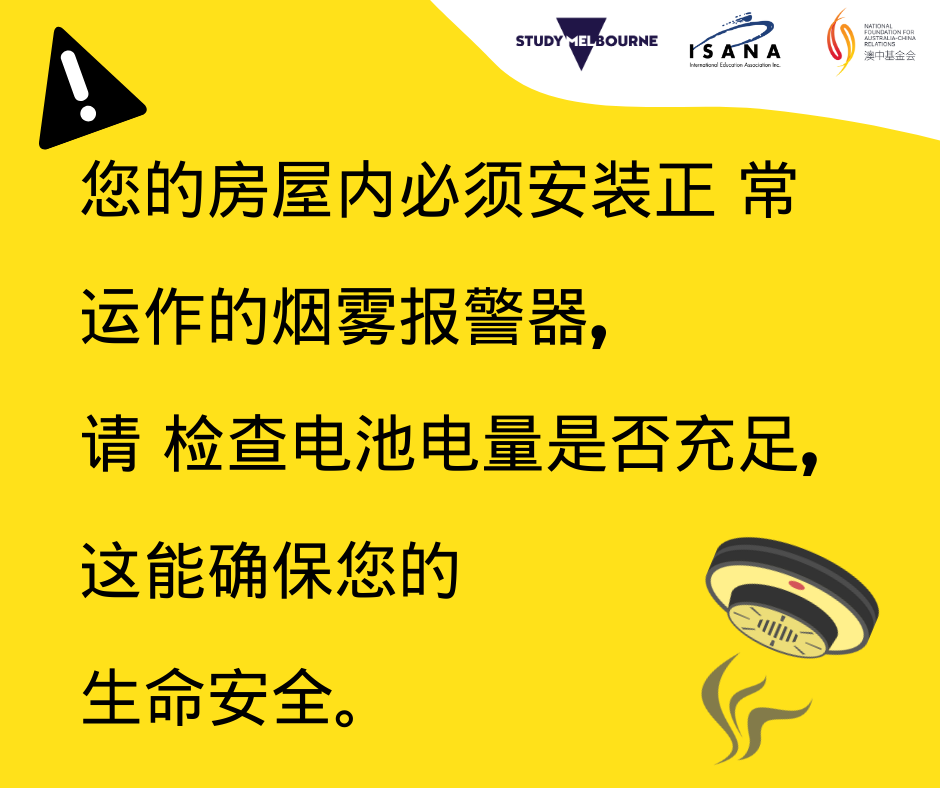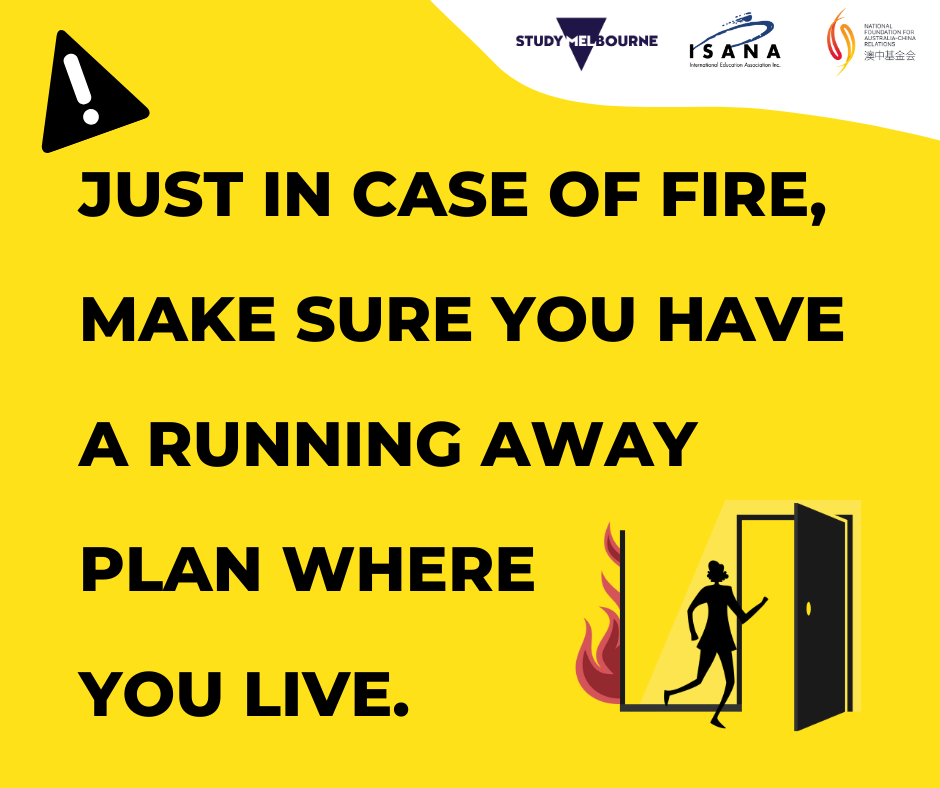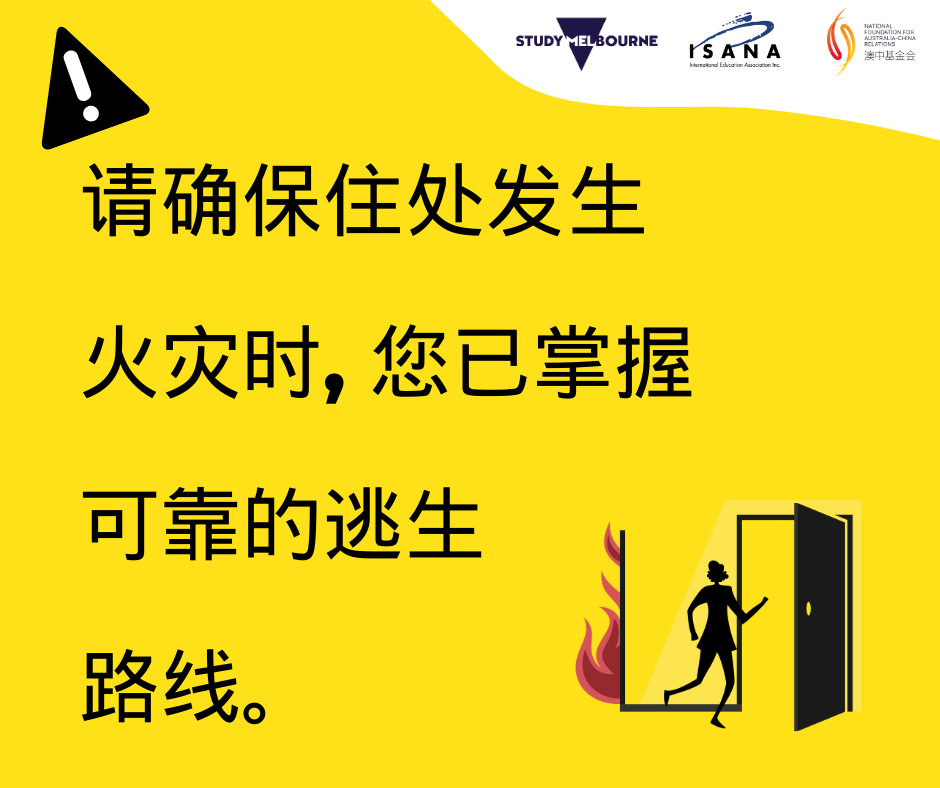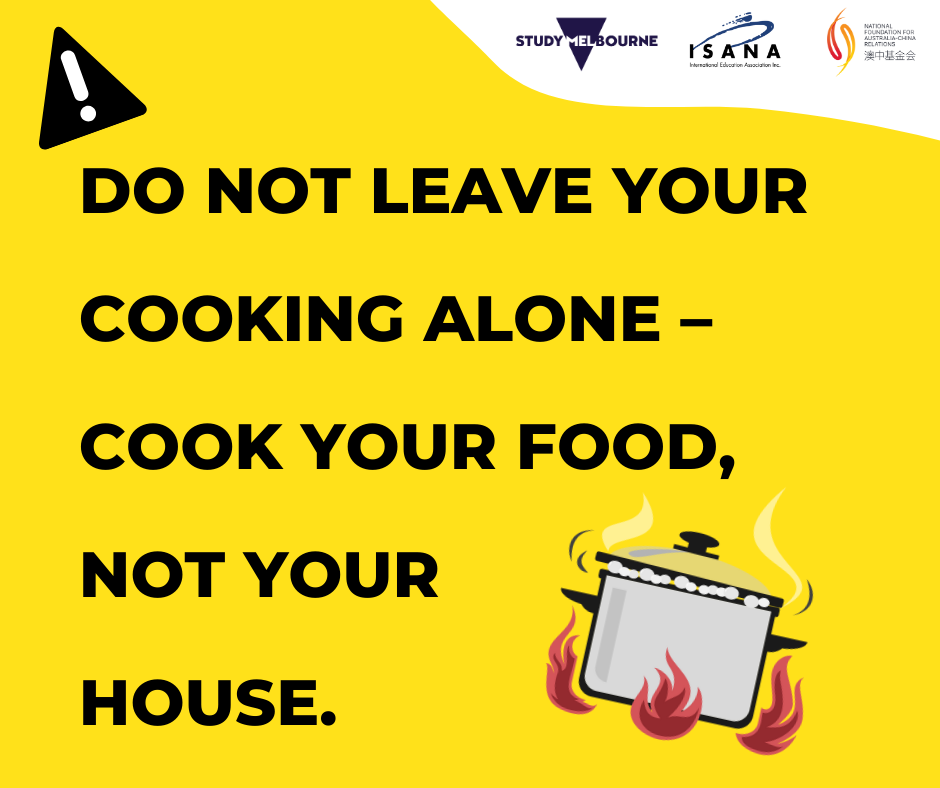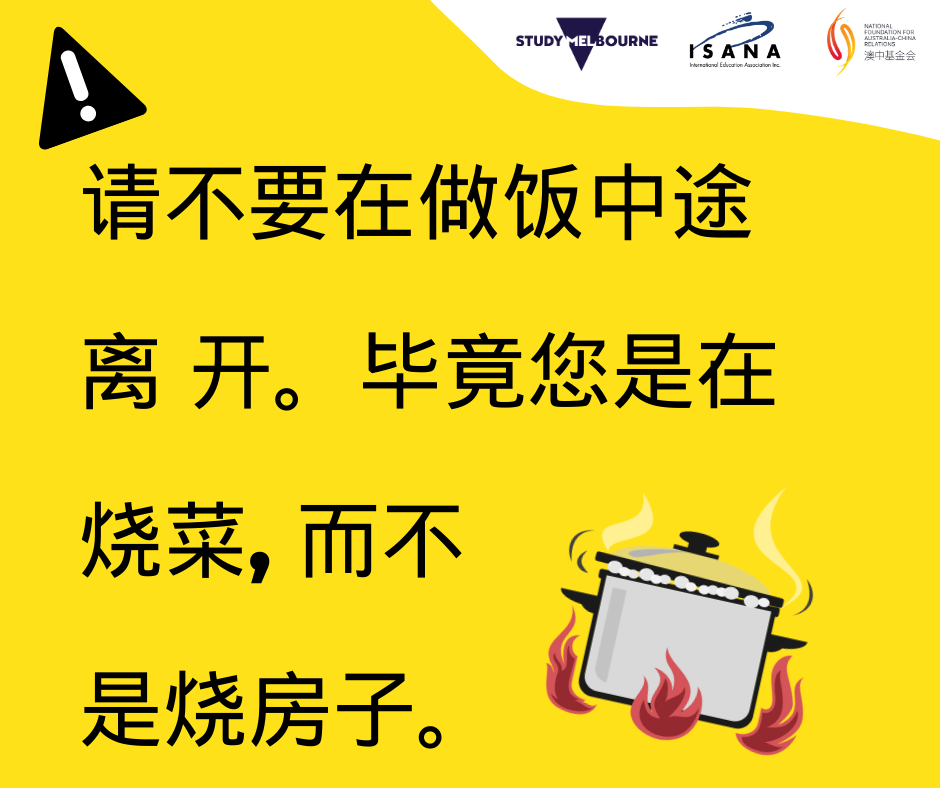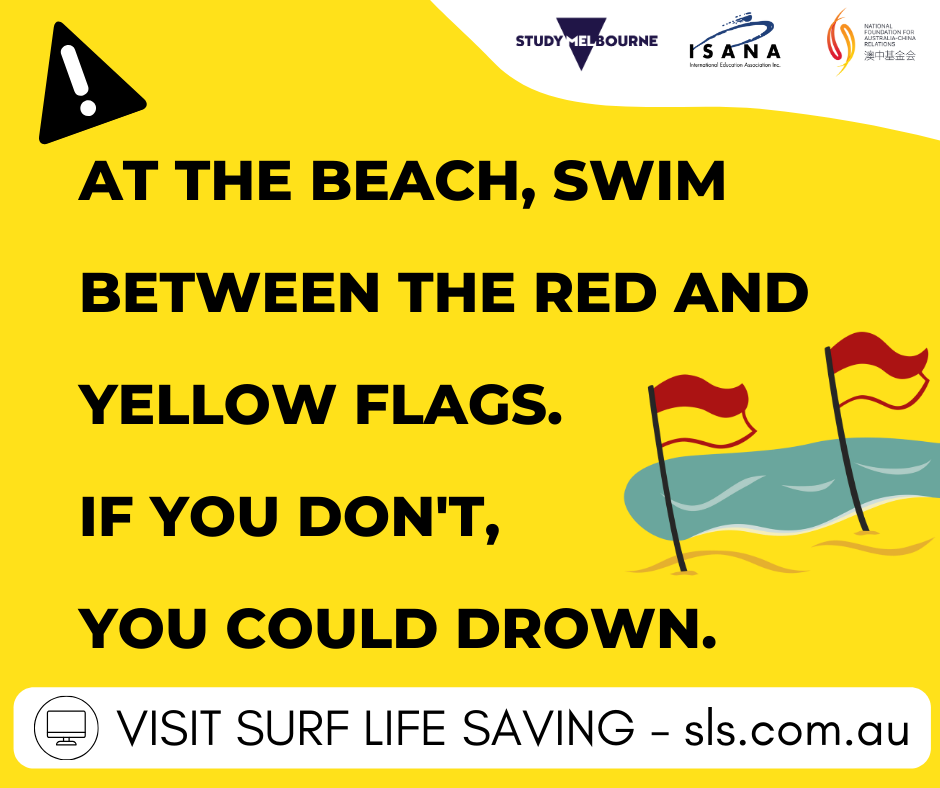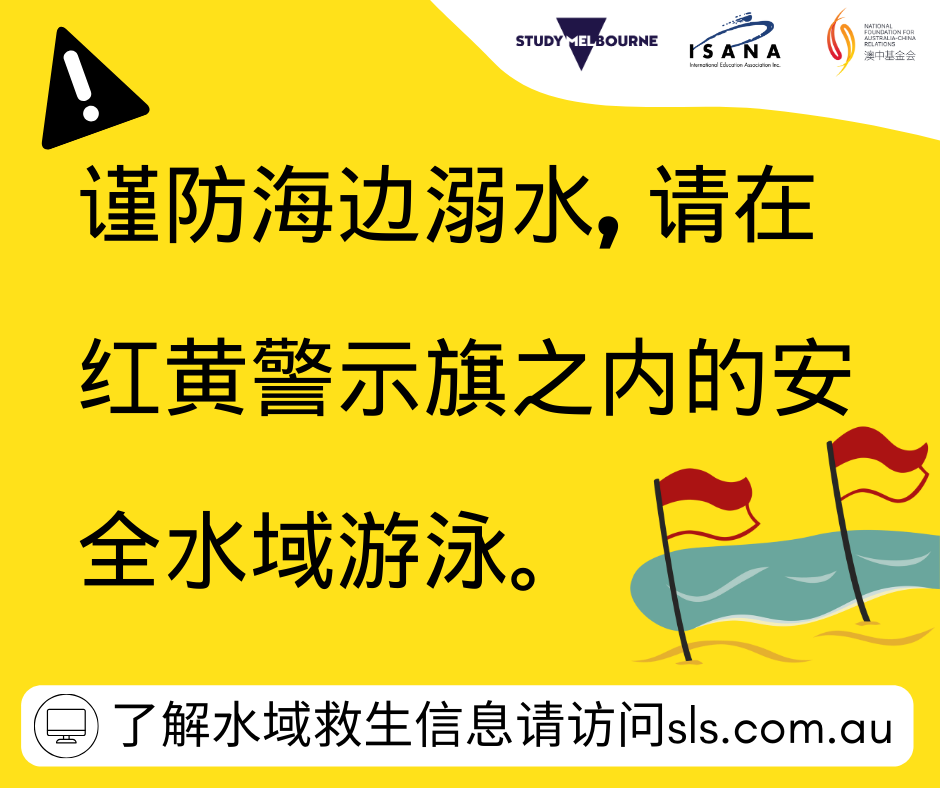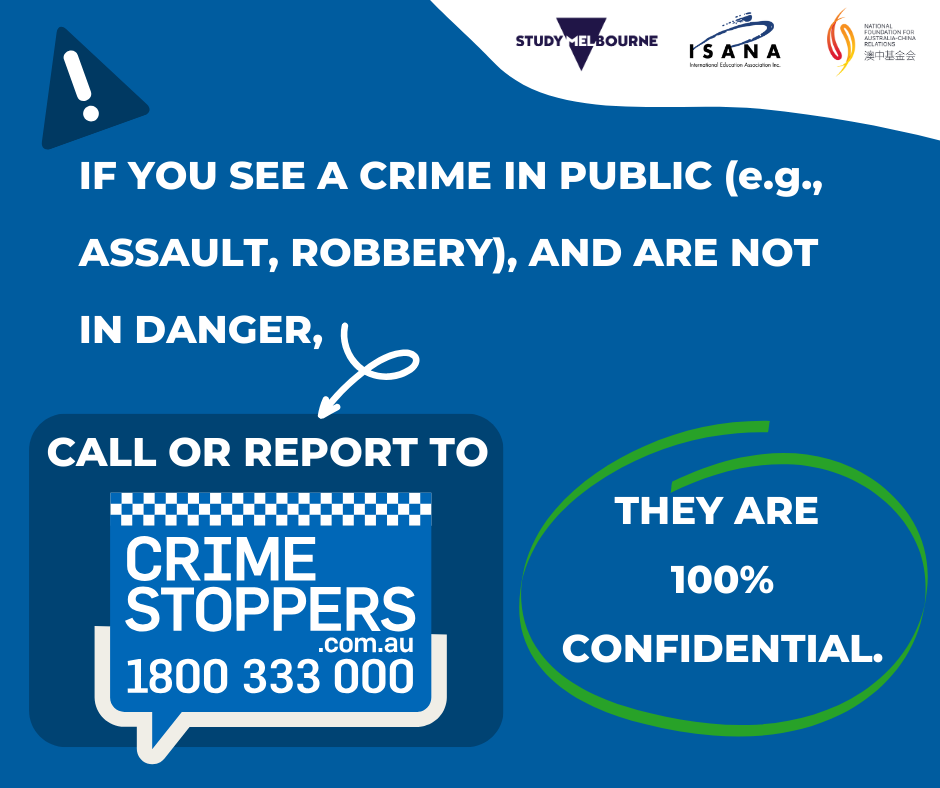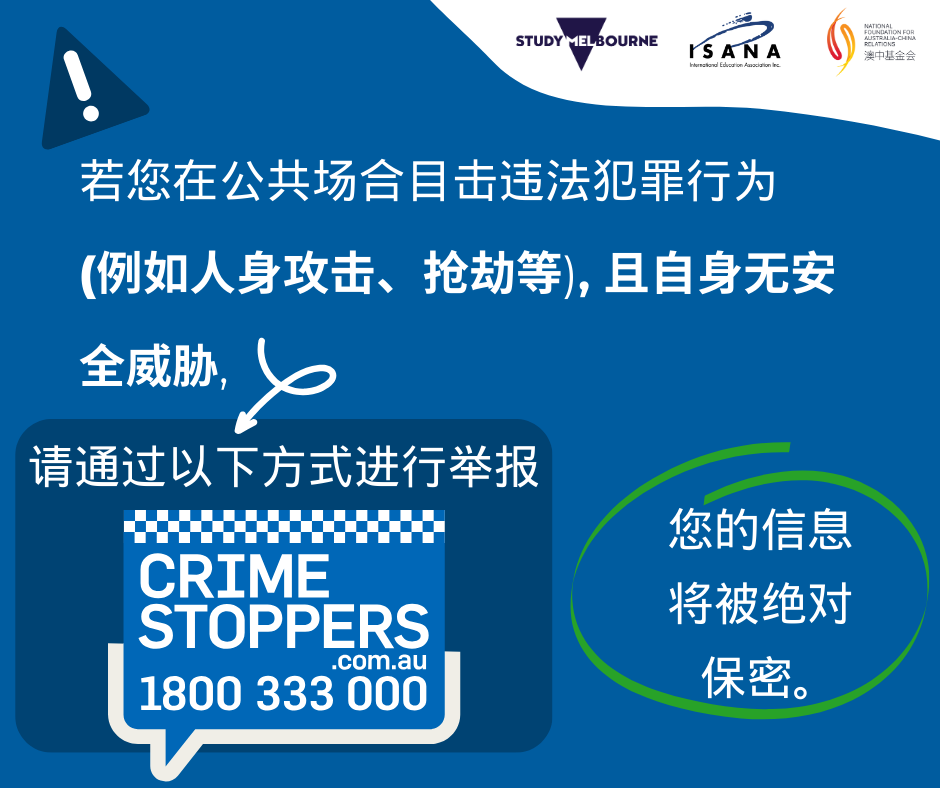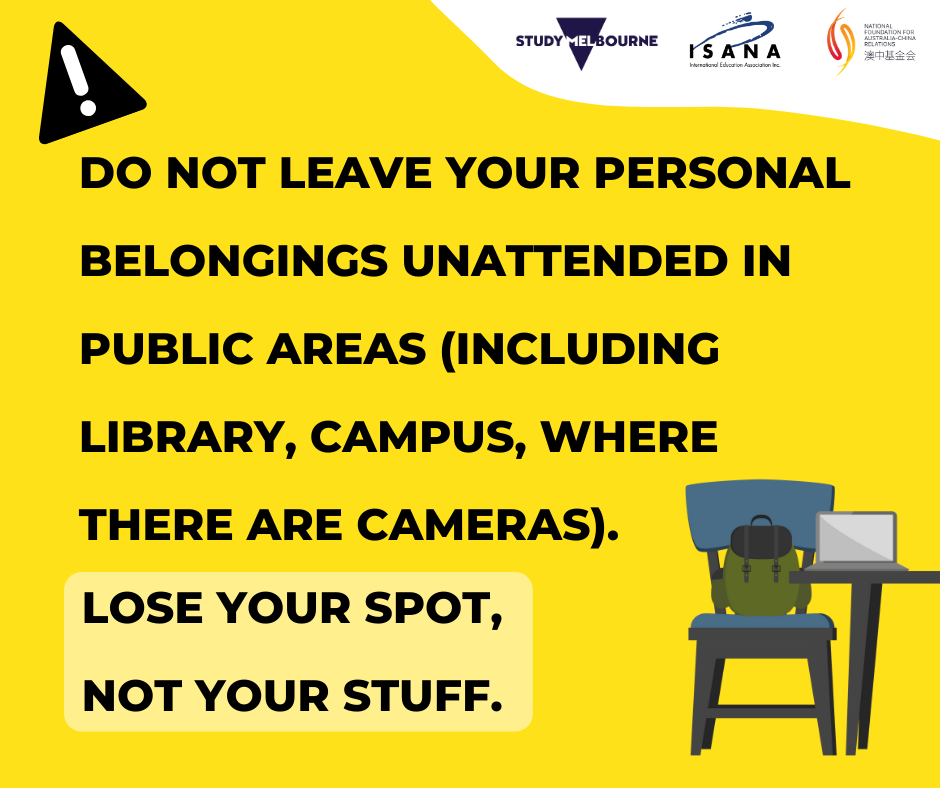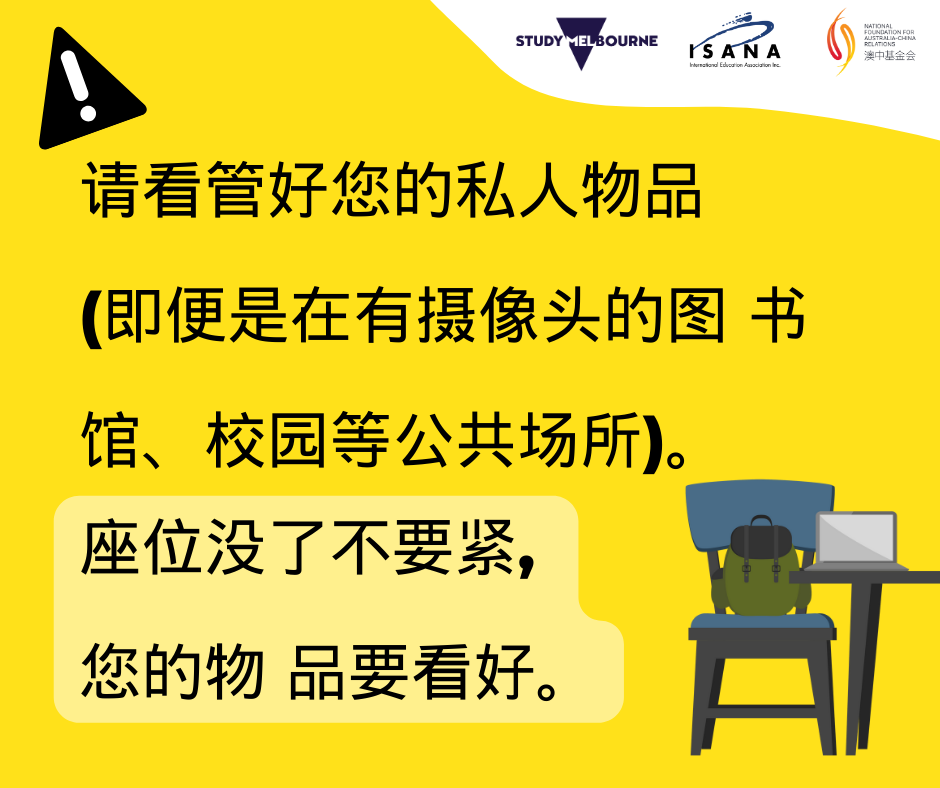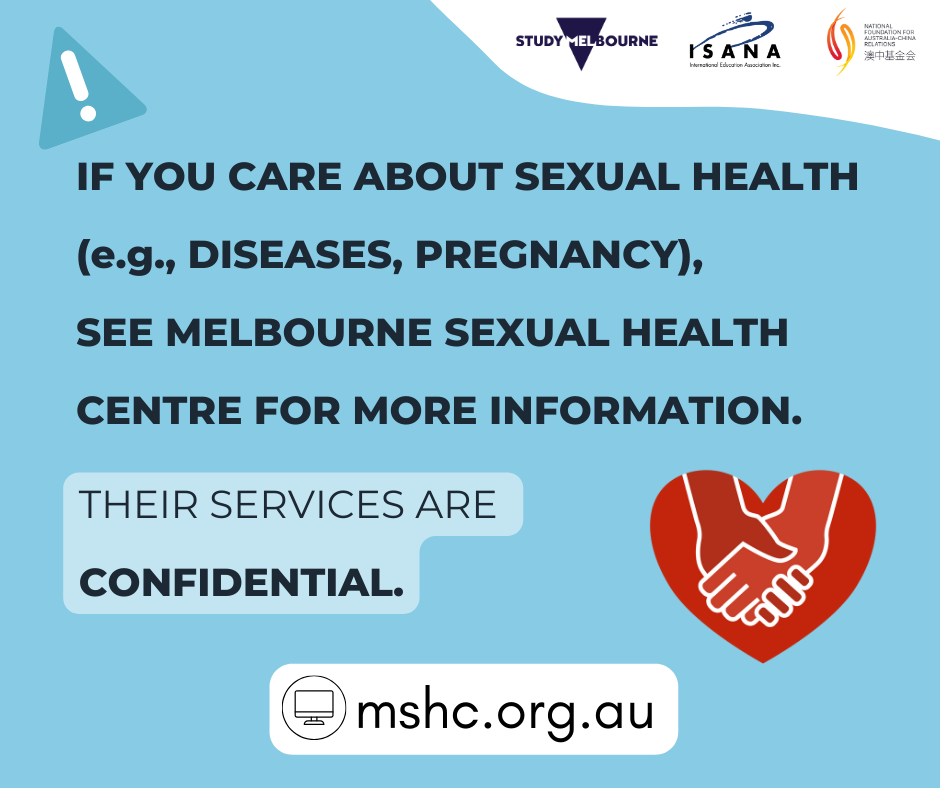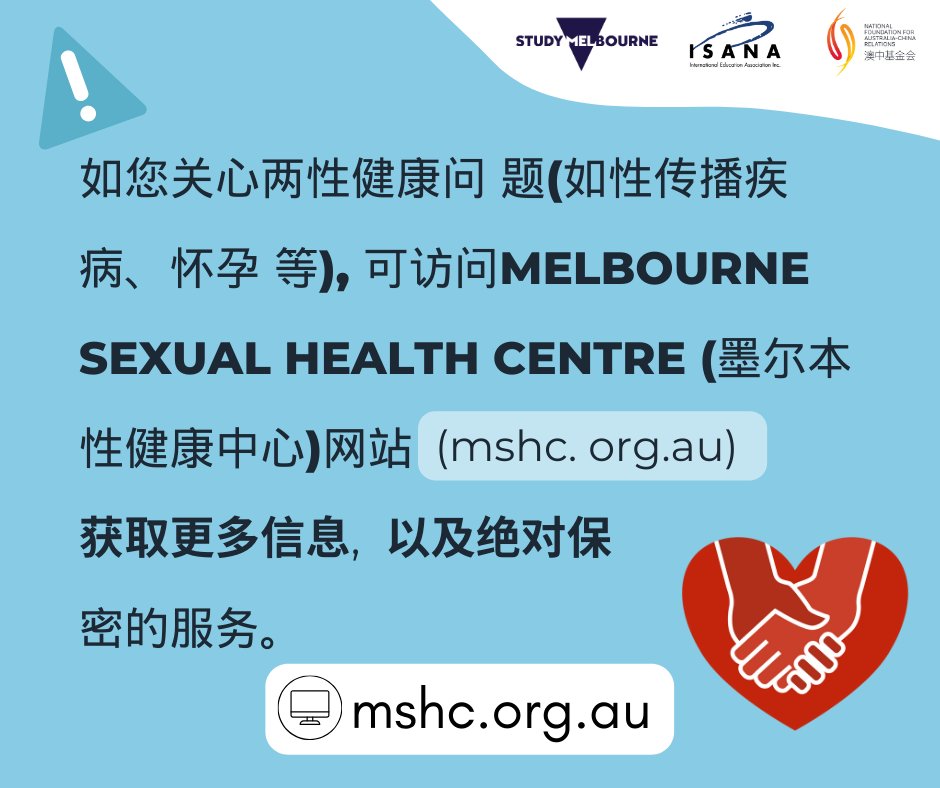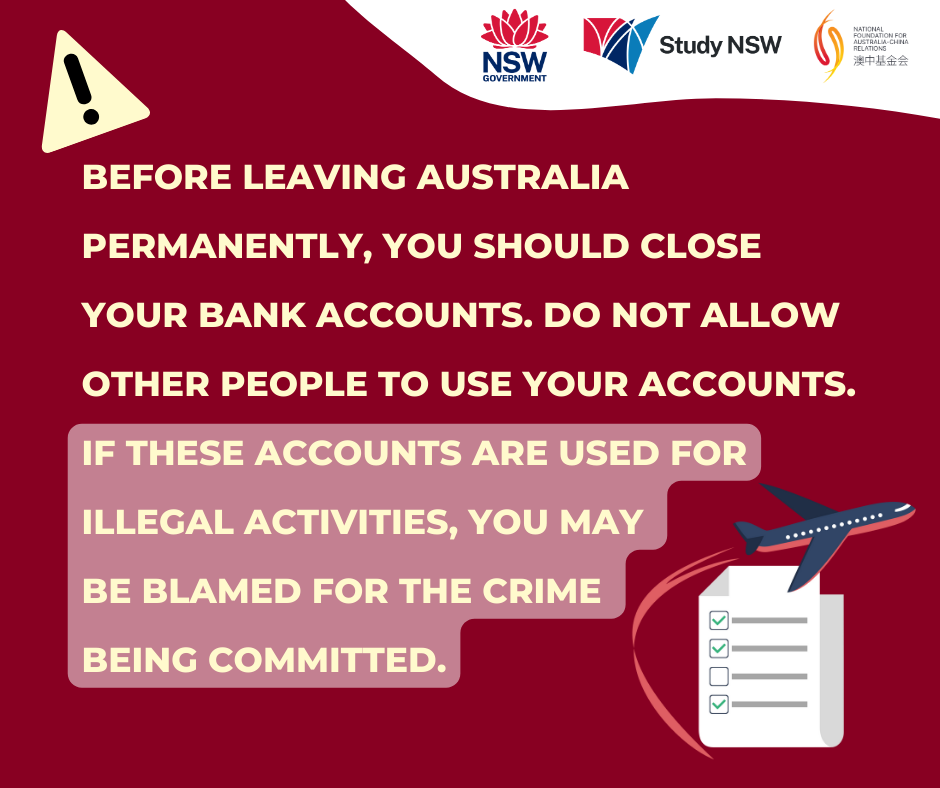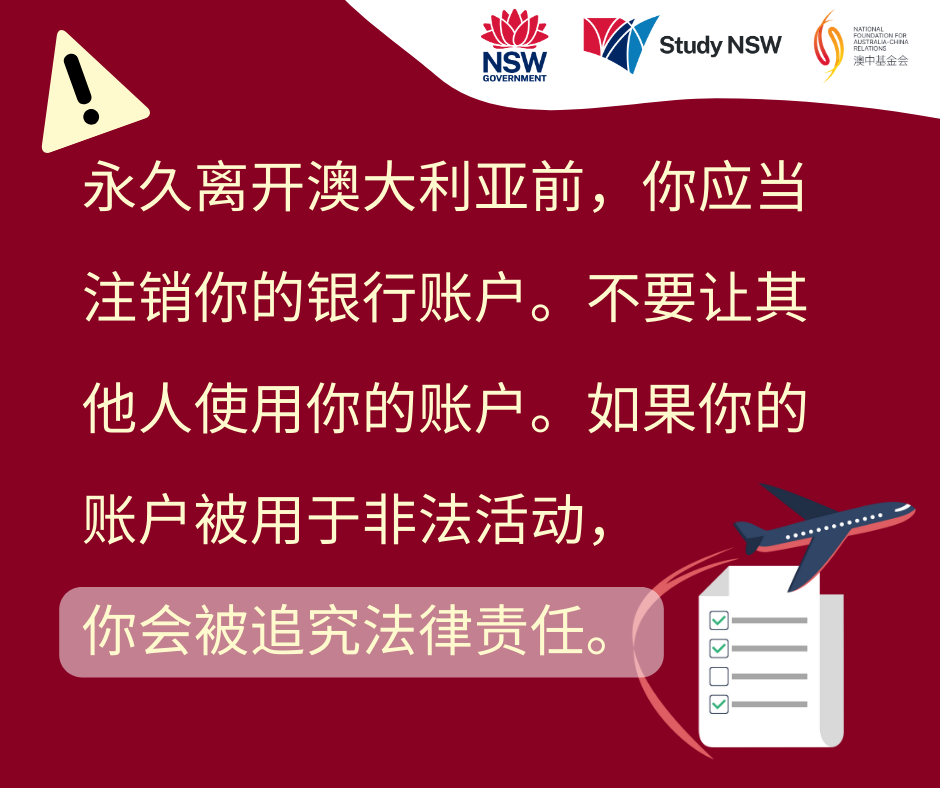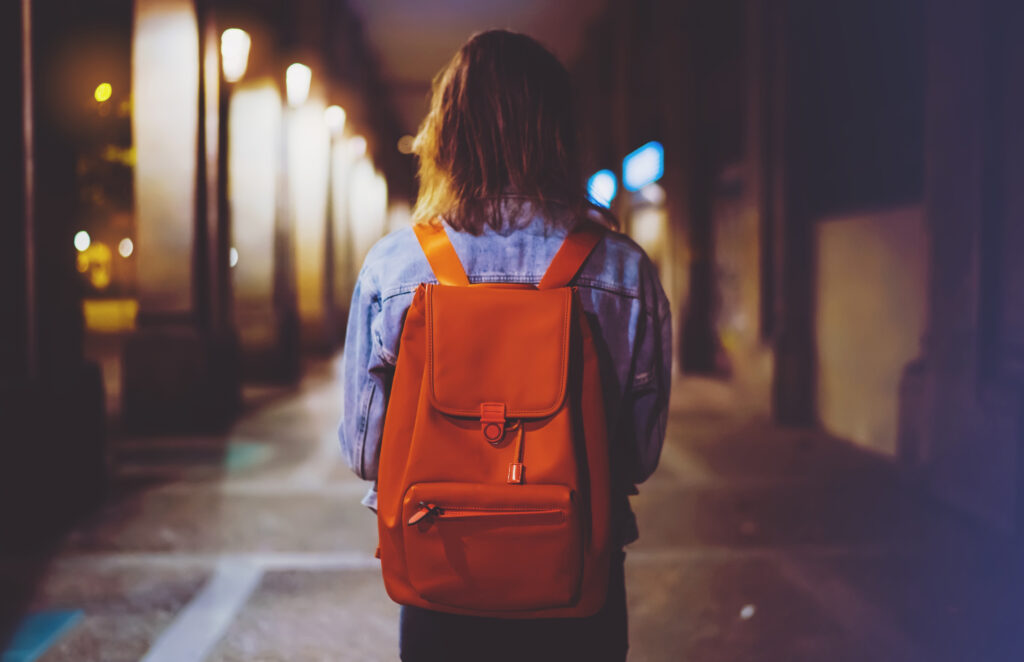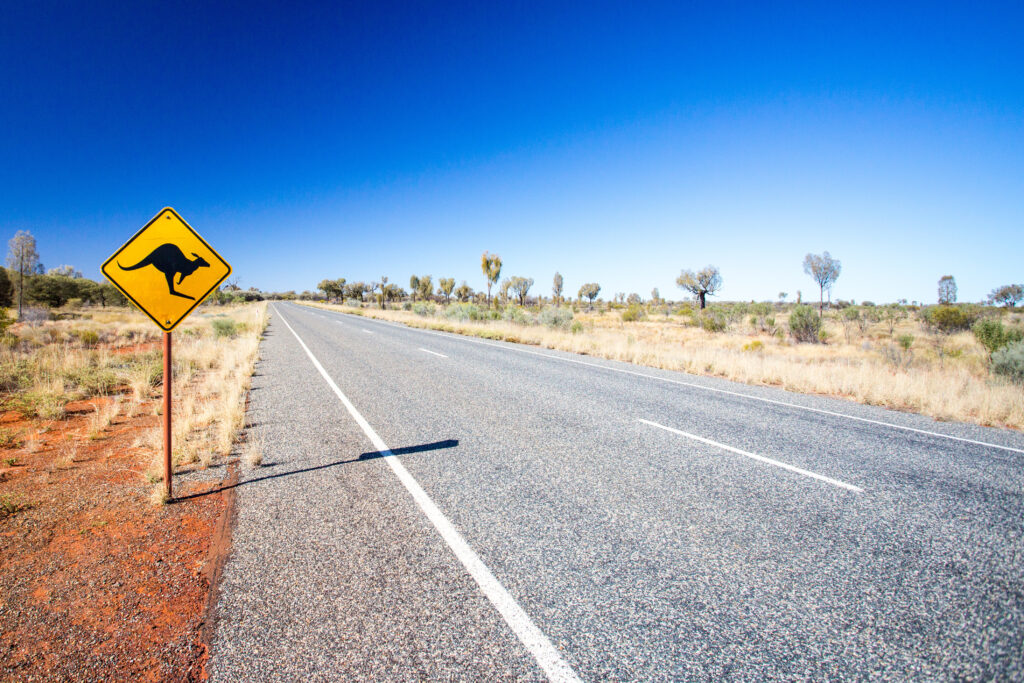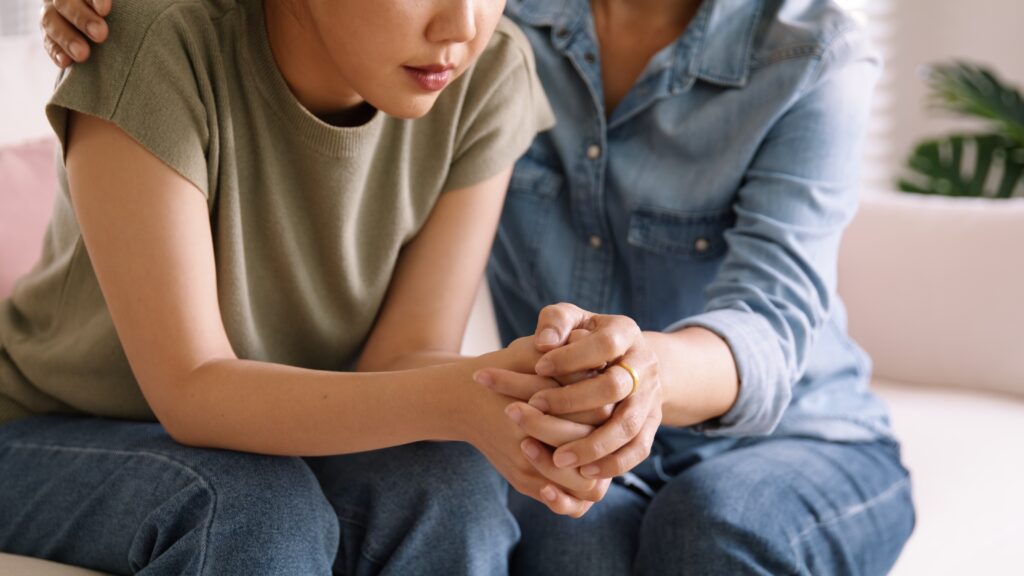Australia is lucky to be ranked as one of the most peaceful countries in the world.
According to the 2023 Vision of Humanity Global Peace Index, we sit in the top 25 around the globe. A safe and welcoming environment has meant Australia is a top choice for students choosing where to study abroad.
While Australia remains a low-risk country, and leading into the end of semester break, we’re sure you’re going to want to relax, it’s still important to remain vigilant when it comes to things like sun safety, theft, sexual health and more. With the help of Contact Points – who work to support international students during critical incidents – let’s break down how you can protect yourself and feel safe during the holidays.
Keep your home fire safe
Making sure your home is fire-safe should always be a priority, but the holidays are a good time to review your safety measures.
Smoke alarms are legally required for most residences in Australia, but there are certain requirements for each state and territory. If you live in student accommodation, this will be taken care of for you, but if you’re in a private rental, check your smoke alarms and contact your landlord if you have questions. Use the links below to find out more about the rules where you live:
A working smoke alarm increases the chances of you and anyone else in your residence surviving a house fire.
In addition, there are many things you can do to prevent a fire in your home. For example:
- Do not leave any cooking unattended in the kitchen and ensure the area is clean of grease, dust and oil.
- Open flames such as candles and incense should not be used in the bedroom, and be kept at least one metre away from curtains and other things that could easily catch on fire such as a clothing rack. If you are burning a candle or incense, put it out before leaving your house or going to sleep.
- When it comes to electrical items around the home, all objects should have a Regulatory Compliance Mark which means they comply with Australian standards and are safe to use. Turn off appliances at the power point when they’re not in use and only use one device per outlet at a time.
- If you are using a heater during the winter months, follow the manufacturer’s instructions and turn it off if you’re going out.
It’s also important to know your evacuation procedure, especially if you are living in a building with many levels or a lift, and call the fire brigade on 000 if there is an emergency.
Staying safe at the beach
A day by the sea is an iconic Aussie holiday activity, but water and beach safety may be different to what you’re used to back home. Whether you’re swimming or sunbathing, it’s important to keep a few things tips in mind.
Australia’s proximity to the equator may mean a higher ultraviolet radiation rating (UVs) than what you’re used to in your home country. Too much exposure to these UV rays causes sunburn, skin damage and in serious cases, skin cancer. Protect your skin from the sun’s harmful rays by wearing sunscreen and protective clothing such as a hat, sunglasses and long sleeves.
Rip currents are very common in Australia and are the number one hazard on our beaches. These very strong currents occur between where waves break and can pull you out into the sea in a matter of seconds. If you’re swimming at the beach, it’s important to educate yourself on what a rip can look like, stay between the red and yellow flags and listen out for directions from lifeguards.
Safeguarding you and your belongings
Heading out to a cafe, restaurant or library? Don’t leave your personal belongings such as bags, computers or tech, unattended to minimise your risk of being robbed. Instead, take them with you as it’s better to lose your place than to have your things stolen.
If you see a crime take place in public such as an assault or robbery and you are not in danger, call or report it to Crime Stoppers. It’s crucial to remember if you are a victim of a crime such as a scam, you should not be afraid to speak to authorities. It can be 100 per cent confidential and will not affect your student visa, grades or job applications.
Sexual and mental health support
Alongside your physical well-being, your sexual and mental health is pivotal all year long, including during the holidays. After a stressful exam period or demanding class schedule, you may wish to seek professional and confidential help if you experience signs of mental distress such as finding it hard to sleep, anxious feelings, changes to your weight, emotional outbursts and more. The holidays may also mean more free time to meet people. As a result, it’s important to educate yourself on the prevention and treatment of sexually transmitted infections or pregnancies.
A great place to start is a visit to your general practitioner (GP) for advice and information. Your university or educational institution may also provide a free service. Your compulsory basic Overseas Student Health Cover plan will cover visits to the doctor, some hospital treatments, calling an ambulance and some medicines. However, you may wish to purchase extras or additional private health insurance to cover medical support such as seeing a psychologist.
Information for those leaving the country
This might be your last holiday period in Australia as you’re getting ready to go home. While you may be focusing on packing, final trips to your favourite restaurants and spending time with your friends, there are a few things you’ll need to do before you leave the country. This includes taking care of your Australian bank accounts. You mustn’t allow others to use your accounts in your place. If it is used for illegal activities, you may be blamed for any crimes committed.
Different banks have different systems so visit a branch or speak to someone over the phone on how to close an account. Before this occurs, be sure that any outstanding bills such as electricity, internet and phone bills have been paid so your credit history and any future visa applications are not affected.
If you earned an income during your stay and paid income tax, don’t forget to lodge a tax return with the Australian Taxation Office as you may have money owed to you.
Share any of the social tiles included here or on the Contact Points website with your peers so you can all understand what to do to stay safe during the holidays.
For helpful tips on staying safe, check out the Contact Points website. It’s packed with important information created by emergency services, health experts and international students just like you. Browse the site for important safety advice, and don’t forget to share it with your friends!

